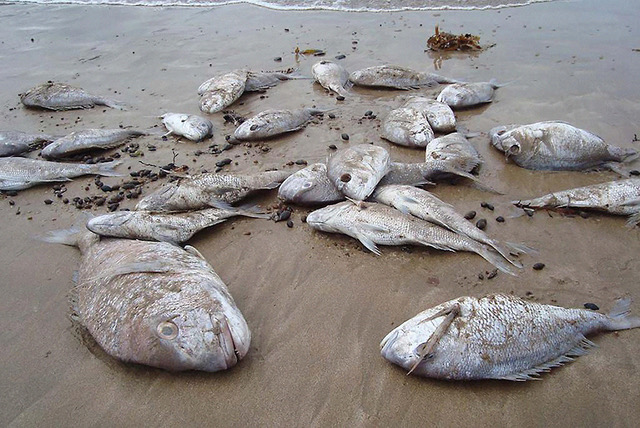Special report
‘The World Wildlife Fund says government’s proposed changes to the Fisheries Act run a very real risk of prioritising short-term economic gains at the expense of long-term fishery resource sustainability.
“The result will inevitably be sustainability objectives overridden in favour of increasing fisheries productivity and reducing controls i.e. regulatory burden on the commercial fishing industry. They provide limited assurance that long-term ecological health will be safeguarded,” says WWF’s submission.
Without safeguards to prevent overfishing or ecosystem degradation, the proposed measures could inadvertently lead to a decline in fish populations and adverse impacts on marine ecosystems.
“Effective fisheries management requires science-based decision making, inclusive participation, and enforcement mechanisms to prevent overexploitation. To improve the proposed changes to the Fisheries Act, it is essential to integrate more of these sustainability measures, including stronger monitoring programmes and ecosystem-based management approaches.”
Ensuring that economic benefits do not come at the cost of long-term ecological health is crucial for the ongoing viability of both the fishing industry and New Zealand’s marine ecosystems.
The proposed changes to the Fisheries Act, which includes changes to set catch limits, limiting the scope of onboard cameras on boats, and allowing fish discards to be disposed of at sea.
“The proposed amendments risk shifting the focus too far toward economic efficiency, regulatory flexibility and benefits for industry – at the expense of the long-term health of our ocean and the life within.”
WW expressed deep concern that there are proposals to exclude more vessels from the ‘cameras on boats’ programme.
“We need more cameras – not fewer – and they should be extended to the entire commercial fishing fleet, including the deepwater fleet, which harvests the vast majority of New Zealand’s commercial catch.”
WWF urged Government to reconsider key elements of the proposed reforms and ensure that any changes to the Fisheries Act reinforce thecommitment to protecting New Zealand’s marine resources for current and future generations.
Footnote: World Wildlife Fund NZ 08000 4357 993

Commercially dumped snapper

I’ve heard comments that Shane Jones portfolio as Minister should be changed to “Minister for Commercial Fisheries.” Readers will recall the fuss over political donations and in particular, corporate fishing companies donating to MPs’ election campaigns.
I remember a past Minister Colin Moyle, rated by many as one of the best ministers for both agriculture and fisheries. Colin Moyle emphasised that the Fisheries Act set an obligation on government to manage the fishery for social, economic and cultural aspects.
In other words recreational, economic and customary – all three equally. If I recall correctly he added recreational (for all Kiwis) should be paramount. If recreational was healthy, then the commercial and customary sectors were healthy.